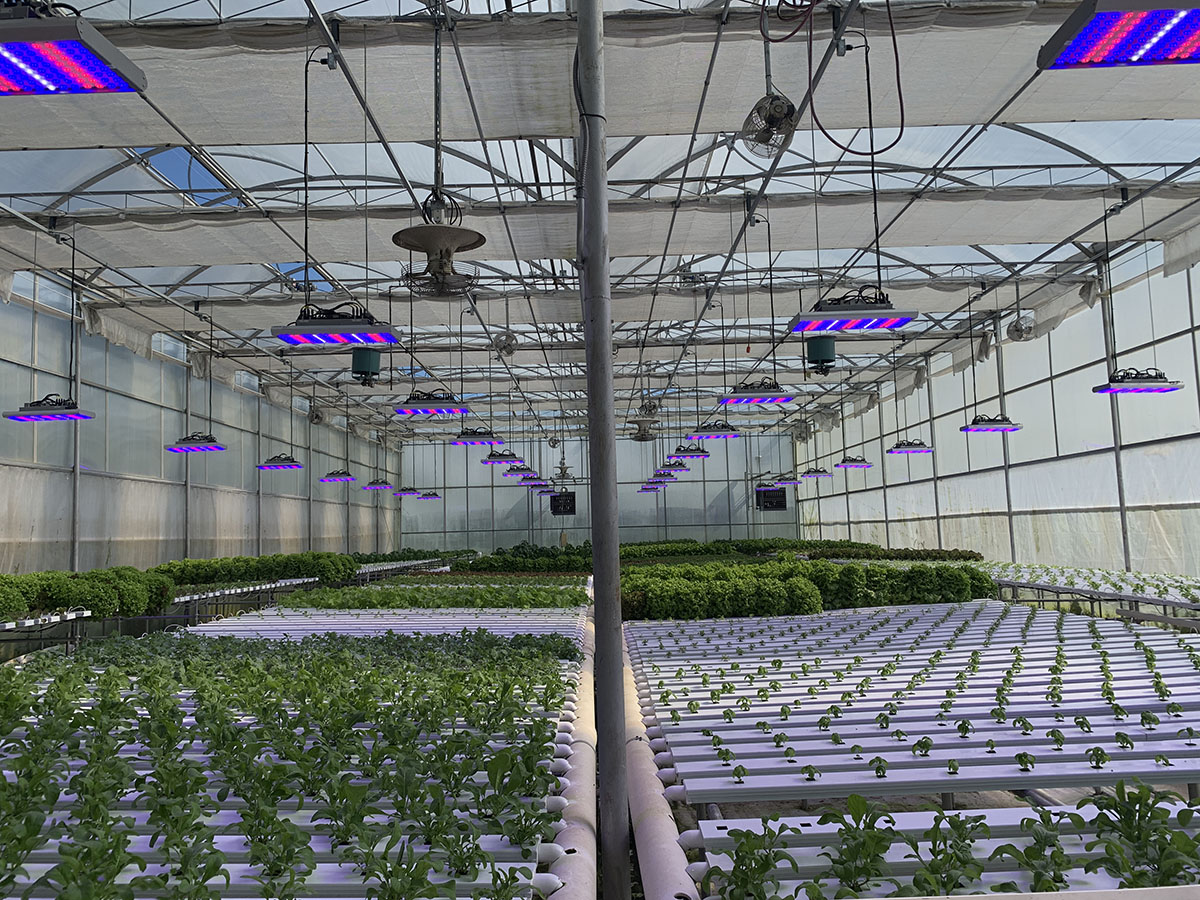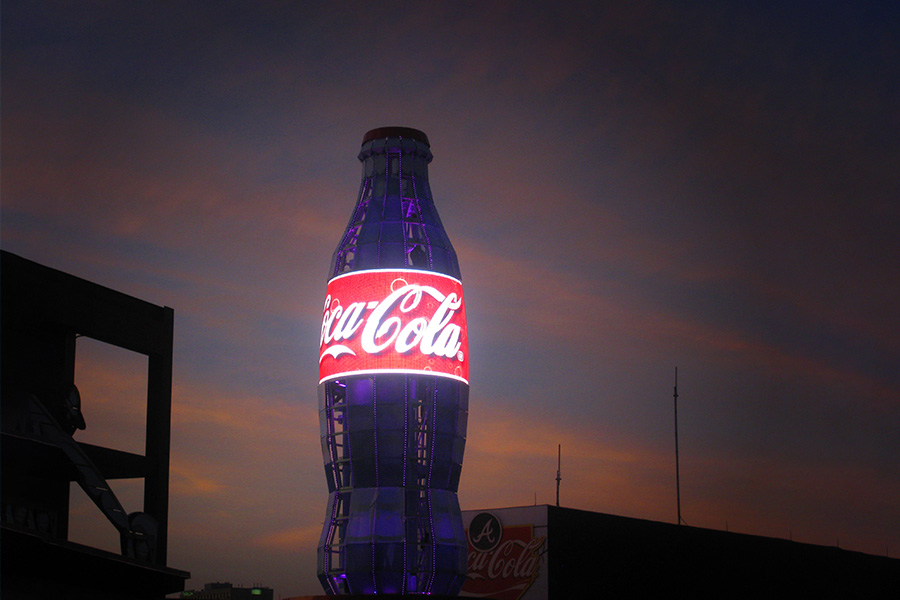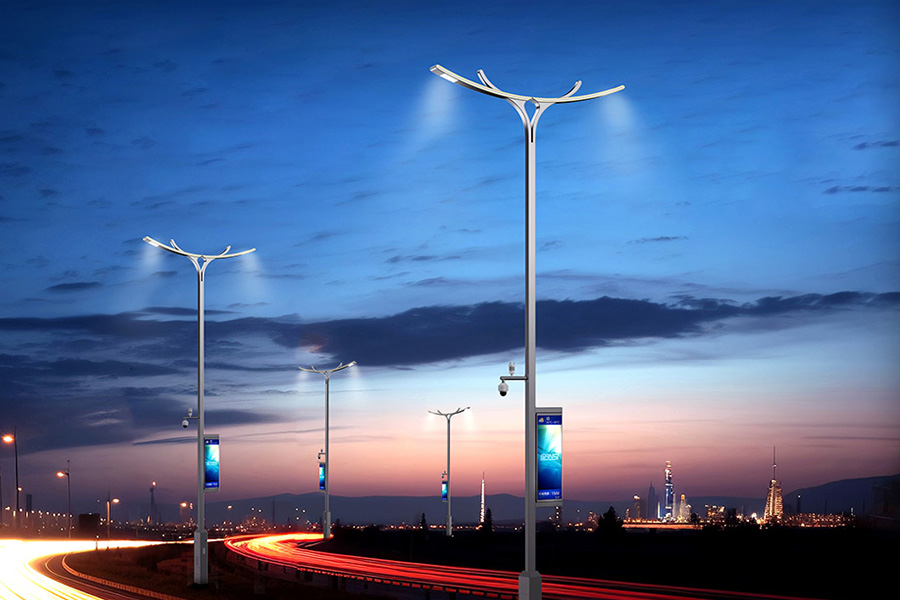Tyler’s Farm - Plant Development and Growth
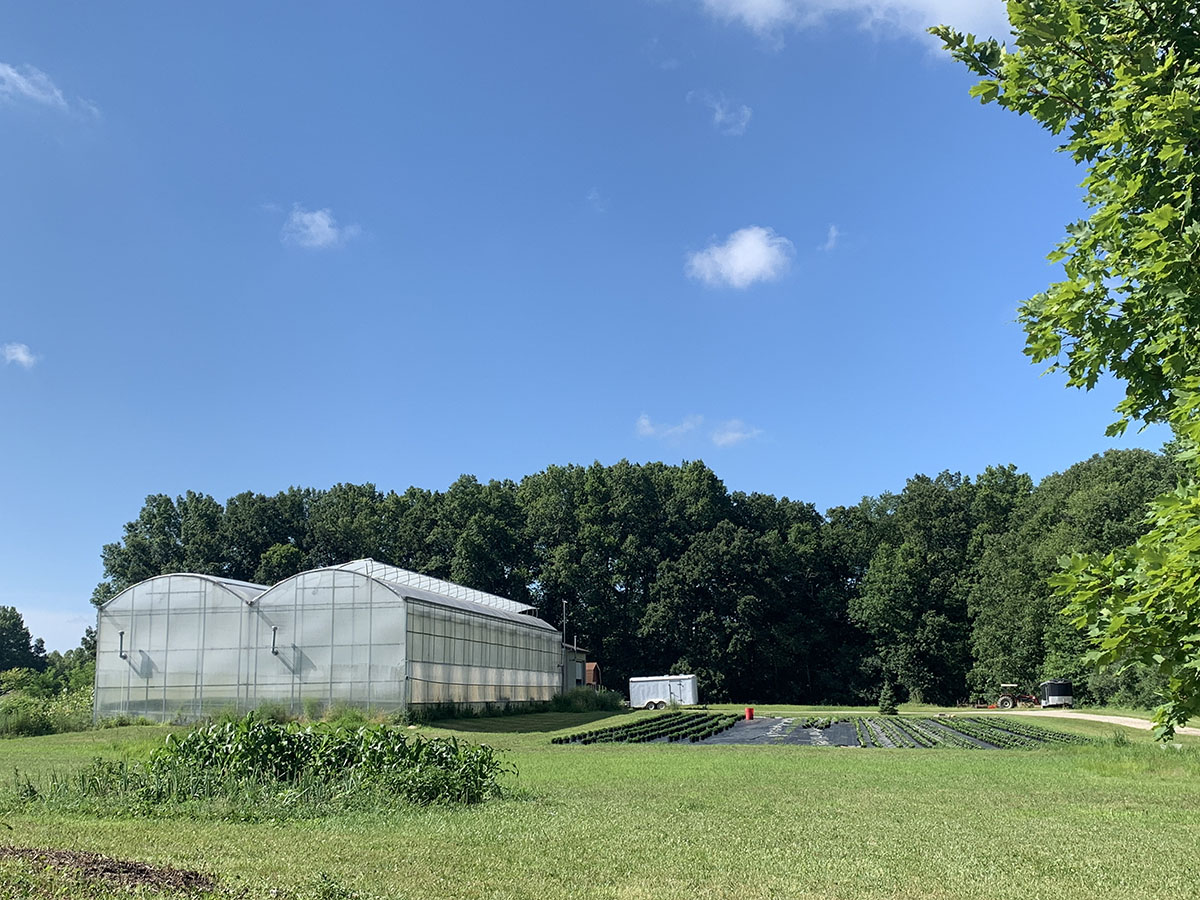
Indoor farming, also known as vertical farming or controlled environment agriculture, refers to the practice of growing crops or plants in an enclosed space, often without soil, using artificial light and environmental control systems. This method allows for year-round cultivation, independent of external weather conditions, and provides precise control over various environmental factors.
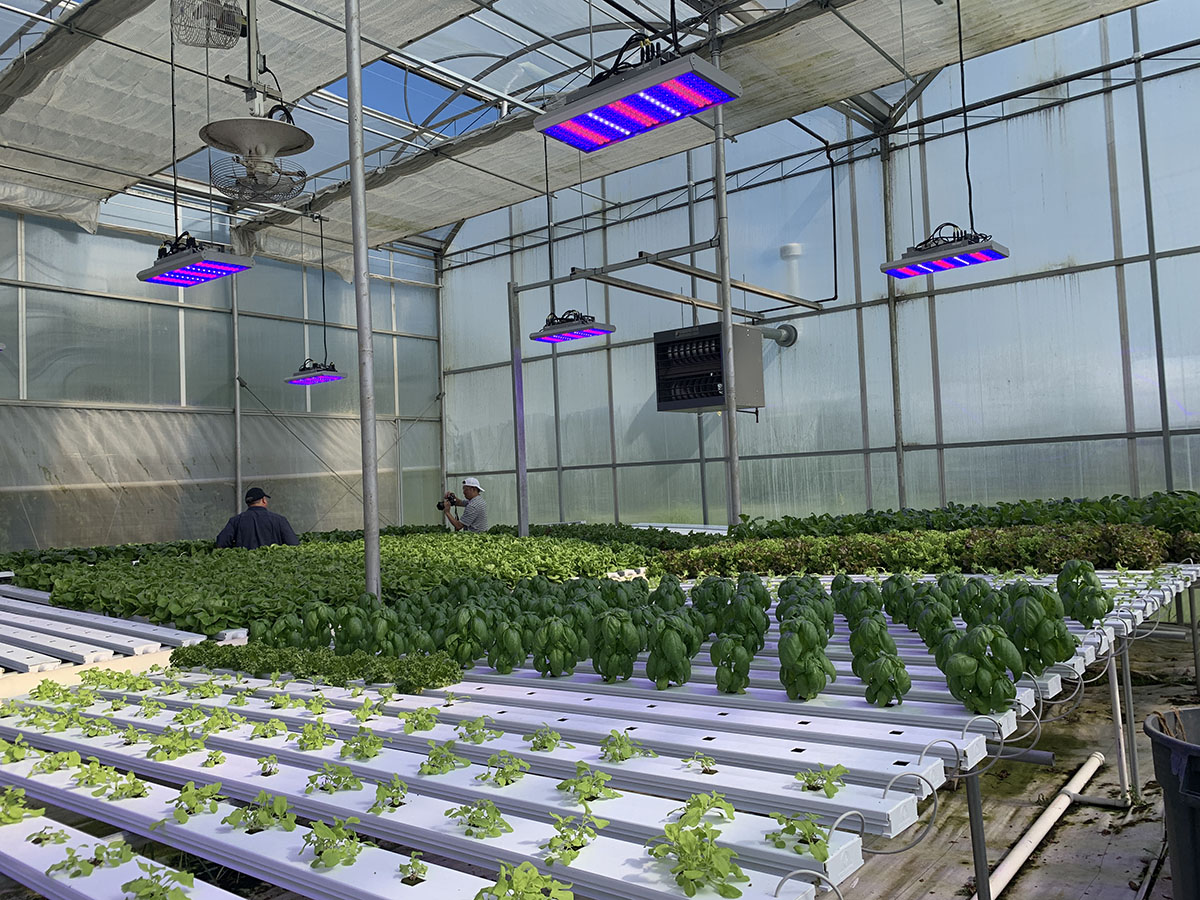
The short daylight hours in winter, coupled with changes in rain, snow, and haze weather, have significantly affected the growth of greenhouse crops. For example, reduced light intensity will affect crop photosynthesis. At the same time, blue light useful for crop chlorophyll synthesis and purple light involved in anthocyanin synthesis are mostly absorbed by clouds and fog, which will slow down crop growth and make it difficult to change color. Faced with the various impacts of weather on crops, many growers use artificial light to solve the problem of insufficient light for greenhouse crops, such as Tyler Farm in the United States.
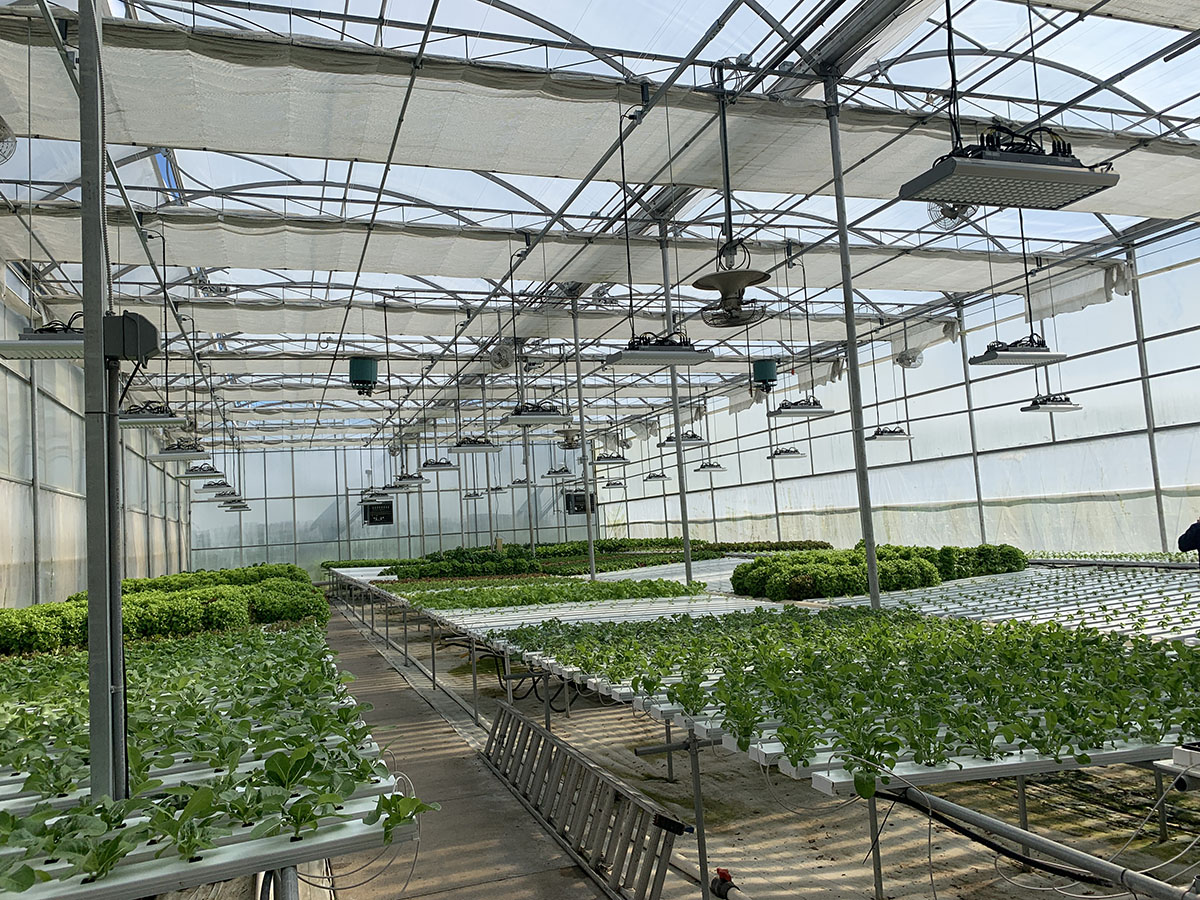
The farm belongs to the city of Cleveland and is located in the central part of the United States and in the west of Ohio. It has a temperate continental humid climate with hot summers and an average frost period of 183 days. Winters are cold and wet with little sunshine. Greenhouse leafy vegetables are affected by the light and their growth rate slows down. Overall yield and quality also have an impact. Based on the environment of Tyler's farm, the Sansi LED Lighting team customized 42 sets of LED high-power plant fill lights for leafy vegetables such as lettuce.
After more than a year of use, the overall yield of leafy vegetables grown on Tyler's farm has increased by about 40%, and the quality has also been significantly improved. The initial investment in installing LED plant fill lights has paid off in the later stages.
